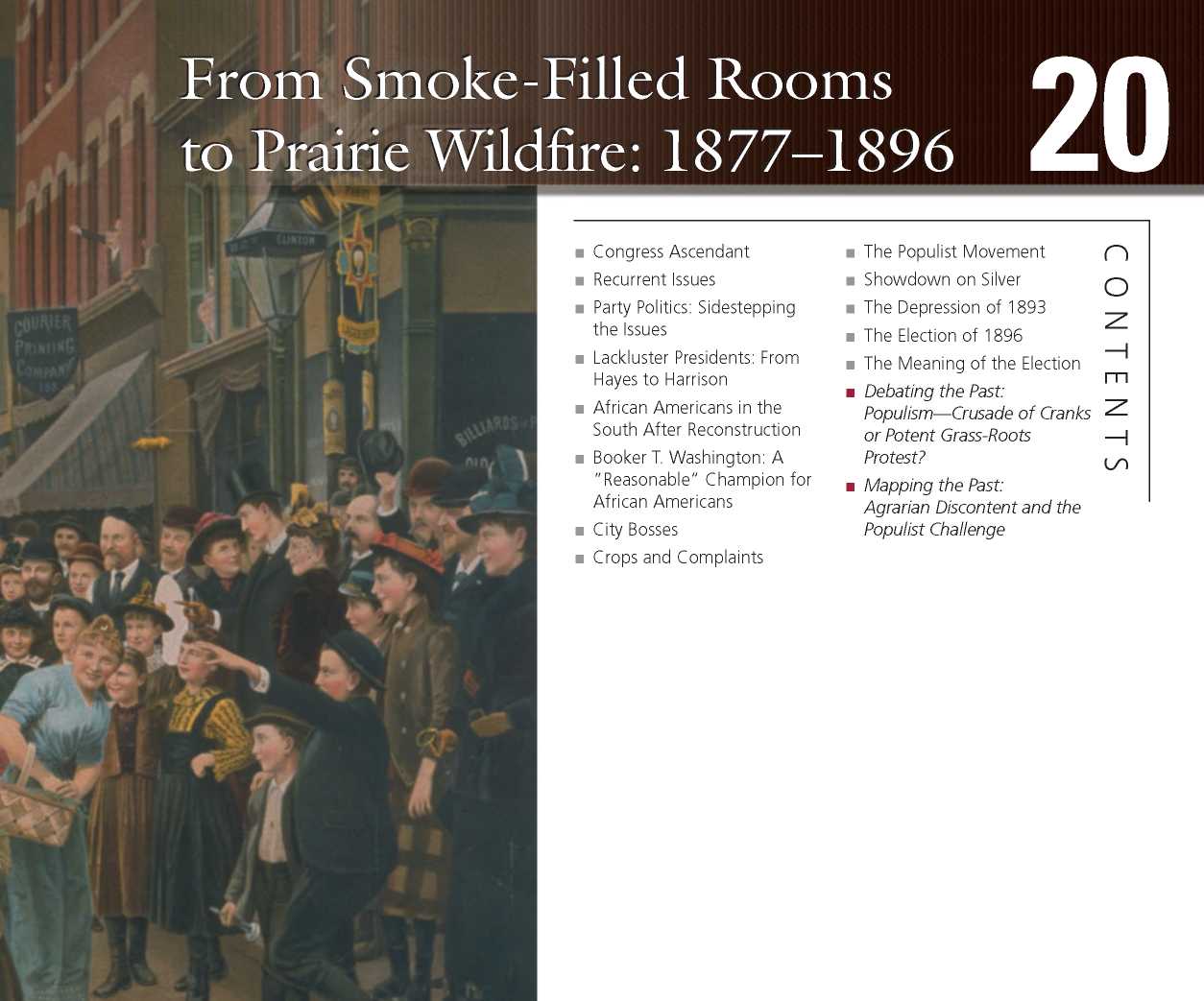On May 20, 2009, twenty-three-year-old guitar-strumming Kris Allen captivated the audience of American Idol with his rendition of Keith Urban's "Kiss a Girl" and Bill Withers's "Ain't No Sunshine." By receiving a majority of the nearly 100 million "votes"—by telephone and text message—Allen became the American Idol for 2009.
Although pundits had for years grumbled that Americans cared more about pop stars on American Idol than about their president, this may not have been true in 2009. The producers of the show did not release the exact number of votes for Allen, but they did say the vote was close; probably he received no more than 55 million. Six months earlier, presidential candidates Barack Obama and John McCain received more votes than Allen, with 69 million and 60 million respectively.
The comparison, of course, is unsound. American Idol fans often cast multiple votes for their favorite; some spent hundreds of dollars in phone and texting fees. A better comparison is of voter turnout for presidential elections nowadays and during the late nineteenth century. Since 1946, fewer than half of the eligible voters have on the average voted in presidential elections. By contrast, over three-fourths of eligible

((••-[Hear the Audio Chapter 20 at Www. myhistorylab. com
¦ A parade for Grover Cleveland in Chicago in 1892, by John Klir. Music, mirth, real drama—a presidential election was perhaps even better entertainment than American Idol.
Voters did so in presidential campaigns from 1876 to 1896—the highest rates in the nation's history.
This puzzles scholars, because the issues of that time seem inconsequential: Civil War soldiers' pensions, the tariff, paper money vs. gold and silver coins, and civil service reform. Perhaps the most volatile issue—the plight of former slaves—never attracted much notice because most politicians looked the other way. The other key issue—the minimal role of the federal government in the nation's industrial ascent— went without saying and, being unsaid, generated little controversy.
Why, then, did so many people vote? Local issues seem to have loomed large in most people's thinking.
Public health, municipal services, and corruption all dominated the headlines. Then, during the 1890s, a nationwide industrial depression crushed many local manufacturing firms, just as an agricultural crisis was sweeping through the midsection of the nation.
Because the nation had become more tightly integrated, these economic upheavals jolted nearly every community. National policy and local issues converged, culminating in the extraordinary election of 1896, which brought over 80 percent of the electorate to the polls.




 World History
World History









